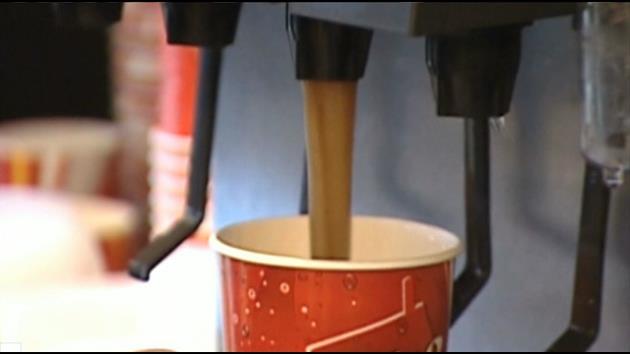(WSVN) - The popular, artificially sweetened alternative to regular soda may be linked to brain disease, a new study reports.
According to CNN, the American Heart Association published a report, Thursday, that diet sodas have been tied to a high risk of dementia and stroke.
“We have little data on the health effects of diet drinks and this is problematic because diet drinks are popular amongst the general population,” said Matthew Pase, a senior research fellow at Boston University’s School of Medicine.
The study on diet soda’s link to dementia and stroke included data from almost 3,000 adults older than 45 years old and nearly 1,500 adults older than 60 years of age.
Researchers found that, when compared to people who never consumed artificially-sweetened soft drinks, those who drank one per day were nearly three times as likely to have an ischemic stroke, which is caused by blocked blood vessels. The study also found that they were almost three times as likely to be diagnosed with dementia.
However, the study shed light on strictly association because, according to CNN, researchers were unable to determine a direct cause-and-effect relationship between diet soda consumption and an increased risk of stroke or dementia. But researchers pointed out that there were no connections between regular sodas or sugary drinks and the brain diseases.
In light of the new data, a spokeswoman for the American Beverage Association said in a statement that low-calorie sweeteners are safe.
“The FDA, World Health Organization, European Food Safety Authority and others have extensively reviewed low-calorie sweeteners and have all reached the same conclusion — they are safe for consumption,” the statement said.
Copyright 2024 Sunbeam Television Corp. All rights reserved. This material may not be published, broadcast, rewritten or redistributed.

